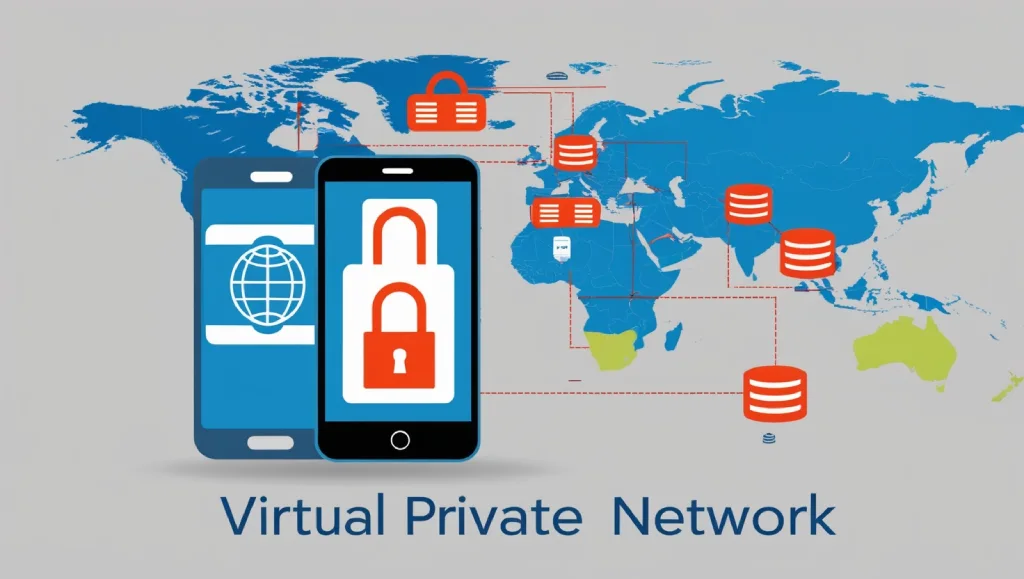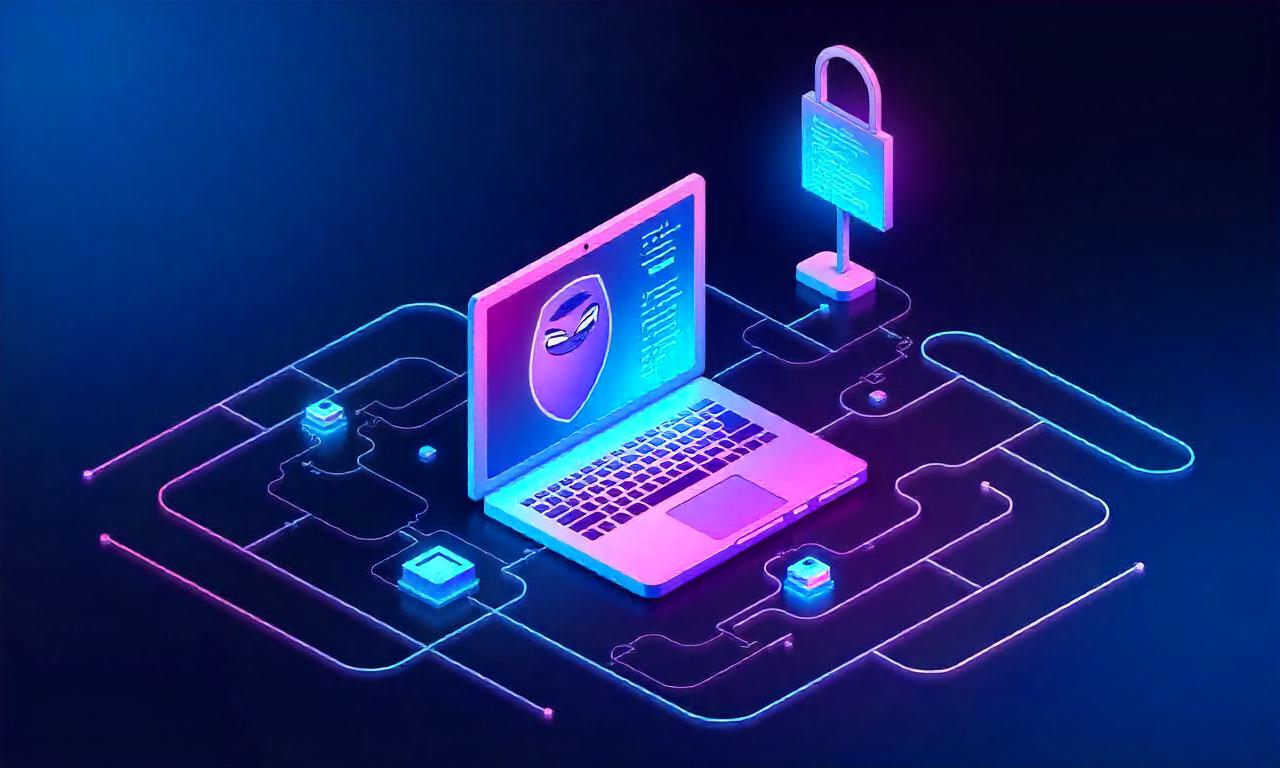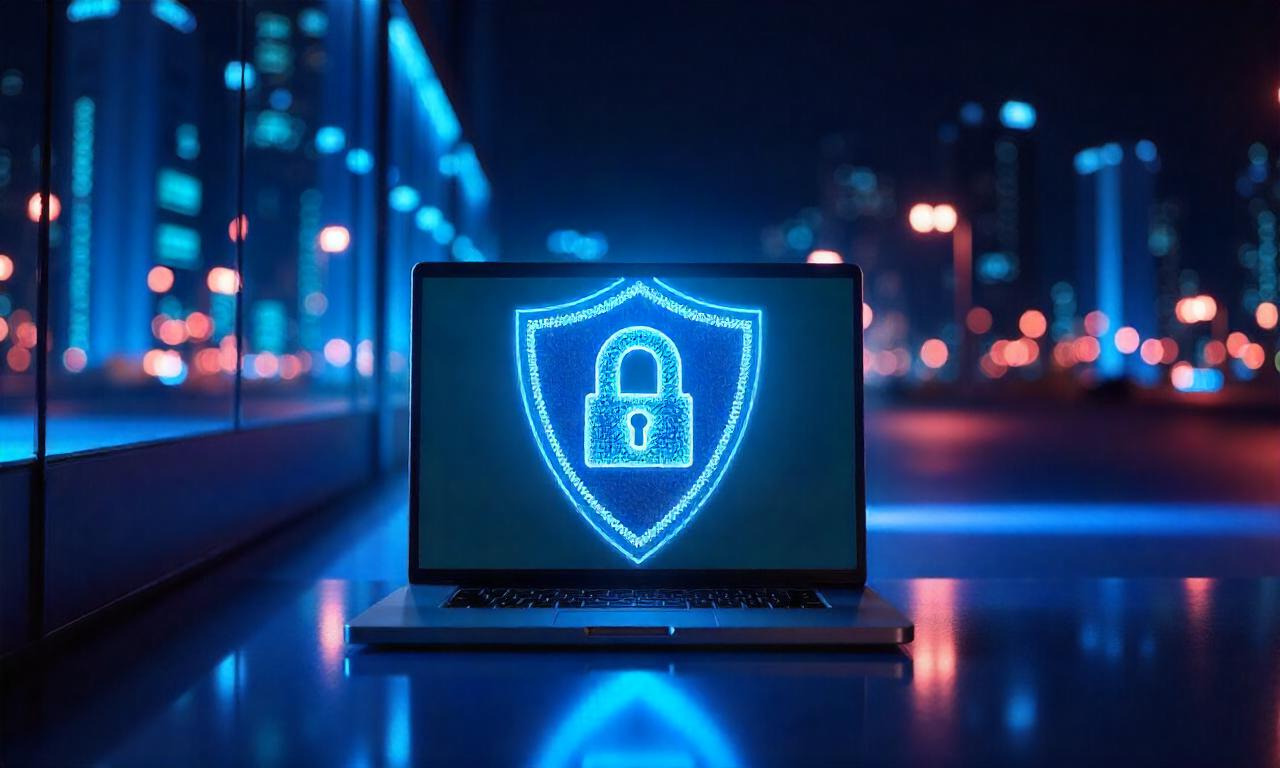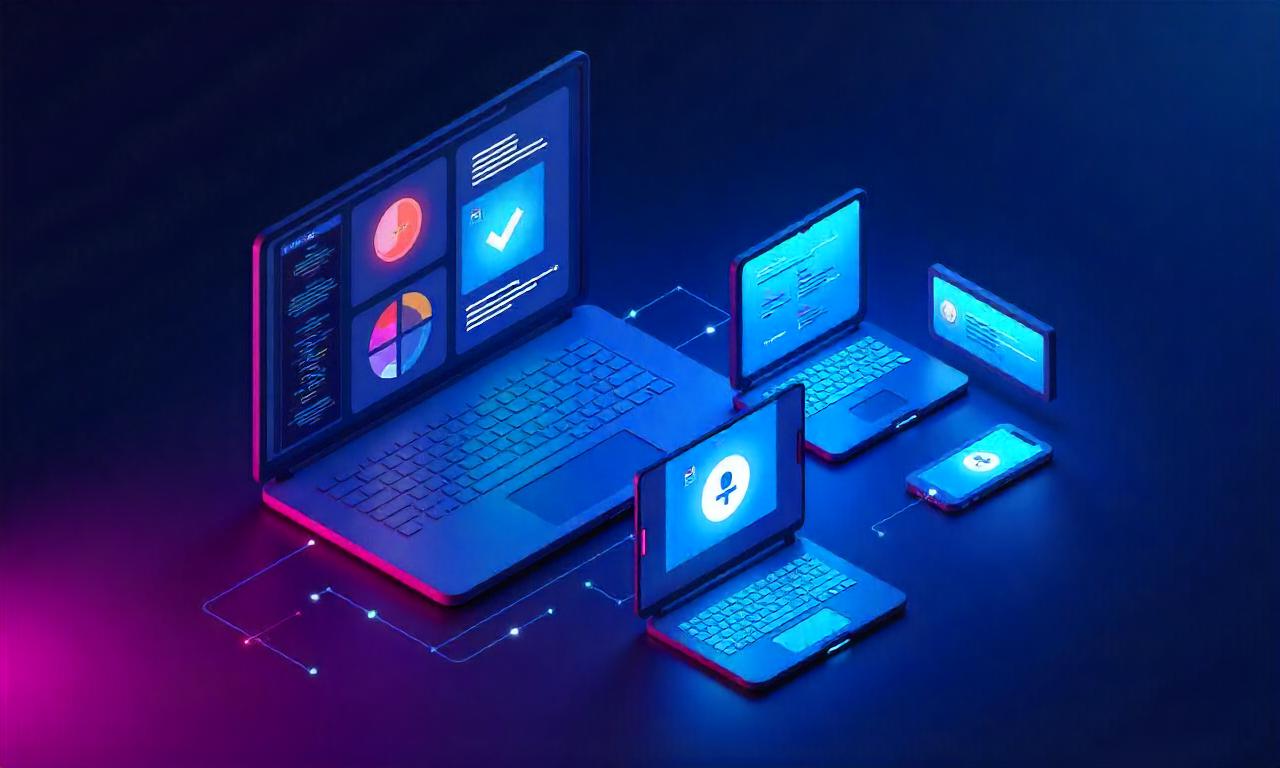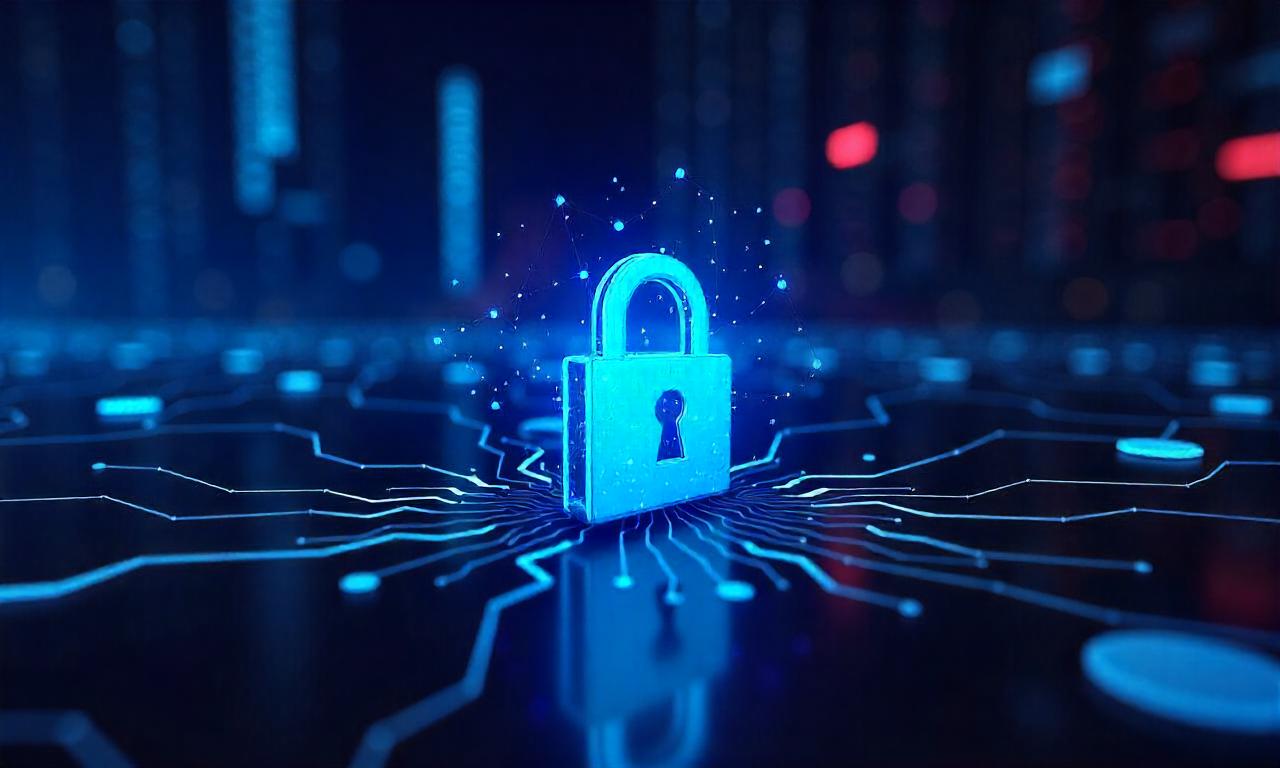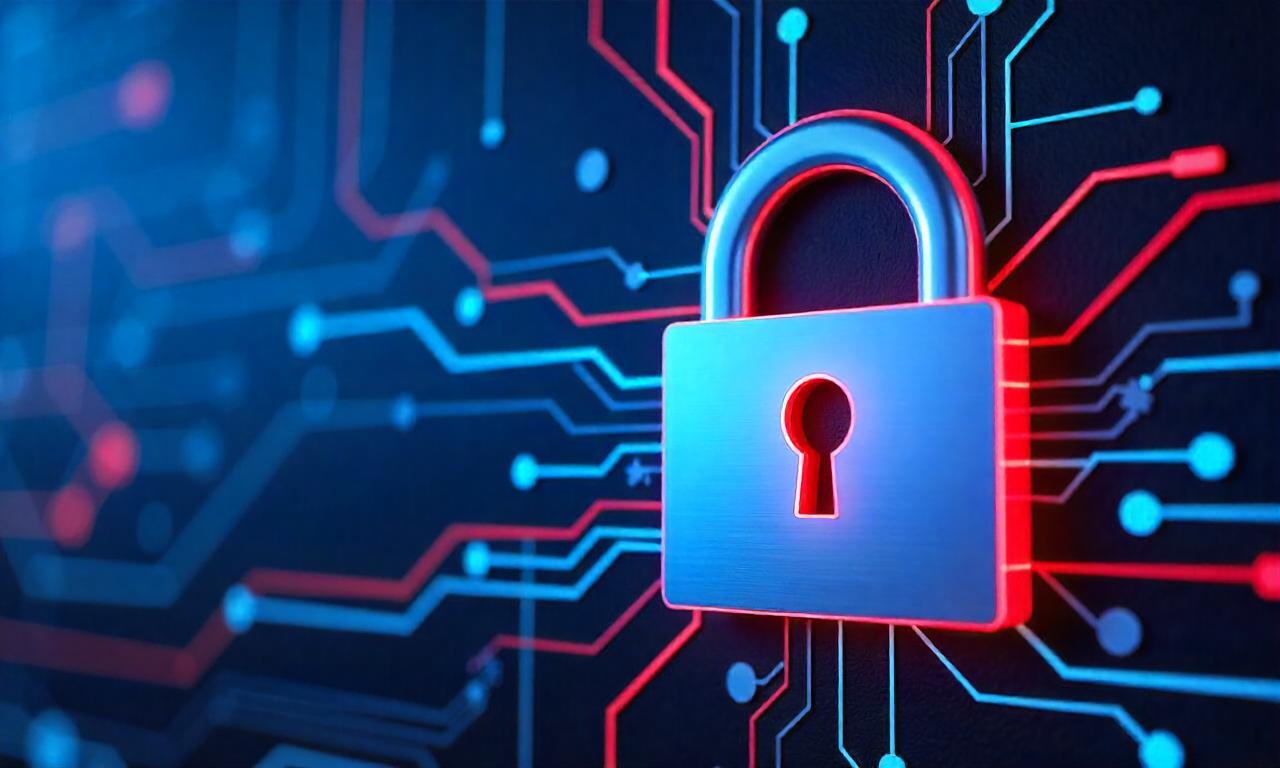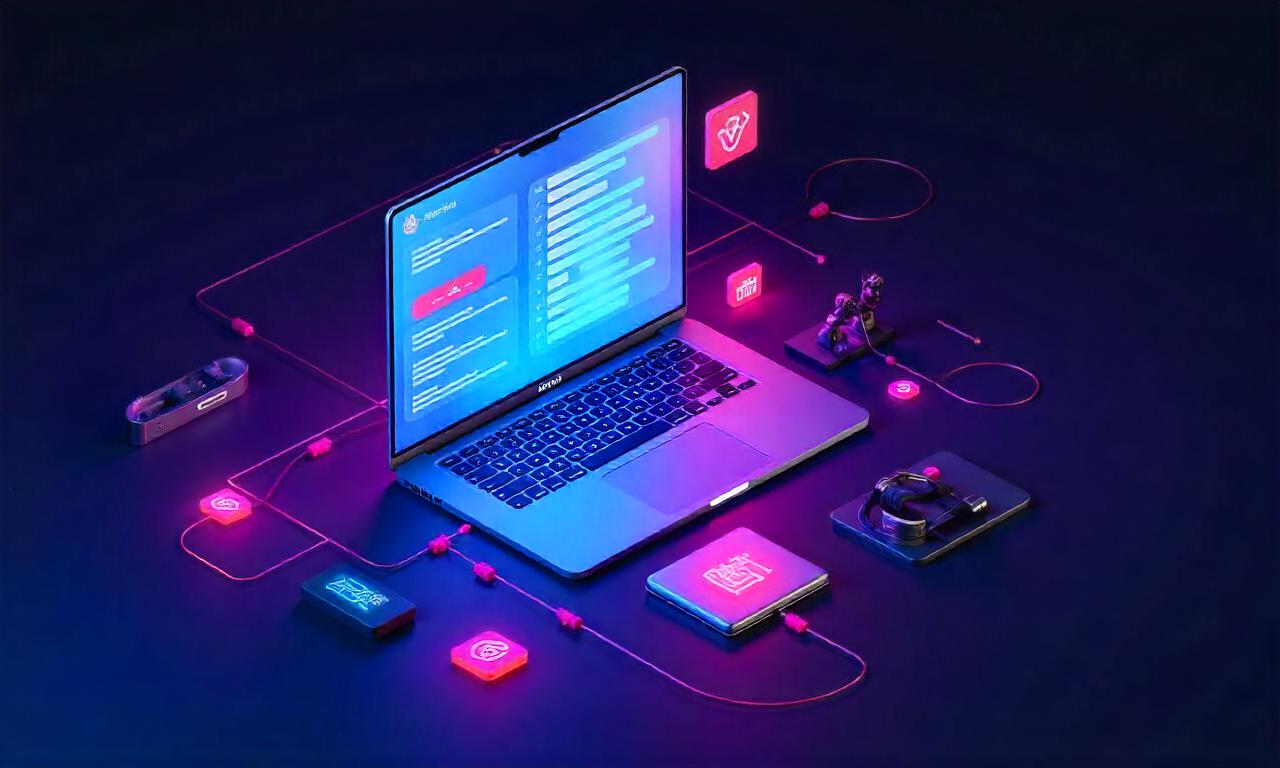What is a VPN? Discover what a VPN is, how it works, and why it’s essential for privacy, security, and unrestricted access online. Get insights on choosing the right VPN.
In today’s hyper-connected world, digital privacy is more critical than ever. As we browse, shop, and communicate online, our data is constantly at risk.
But what if there was a tool to safeguard your online presence and provide you with unlimited access to global content? Enter the Virtual Private Network, or VPN.
In this article, we’ll dive into what a VPN is, how it functions, and why it has become essential in the digital age.
Table of Contents
ToggleWhat is a VPN?
A VPN, or Virtual Private Network, is a technology that enables users to establish a secure and private connection to the internet.
Imagine it as an invisible tunnel that shields all of your online data and activity from external threats, making it an essential tool in the modern digital landscape.
Through this secure connection, a VPN hides your online actions from anyone trying to observe them, including internet service providers (ISPs), hackers, advertisers, or even government surveillance.
How a VPN Works
At its core, a VPN functions by rerouting your internet connection through a private server run by the VPN provider.
Rather than directly connecting to the websites or online services you want to access, your device connects to a VPN server, which then acts as the middleman between you and the rest of the internet.
Here’s how this process works in a more detailed step-by-step breakdown:
- Encryption of Data: When you connect to a VPN, all data transmitted from your device is encrypted, meaning it’s scrambled into unreadable code that only the VPN server can decode. This encrypted data travels securely over the internet, preventing anyone from intercepting or understanding it.
- IP Address Masking: Every internet-connected device has a unique IP address that reveals its approximate location and, to an extent, the identity of the user. A VPN hides your real IP address by assigning you a new one from the VPN server’s location, effectively disguising your geographic location. This makes it appear as if you are browsing from the server’s location, which is particularly useful for accessing region-restricted content.
- Secure Tunneling Protocols: VPNs use protocols (such as OpenVPN, L2TP/IPsec, and WireGuard) to establish and maintain secure communication channels. These protocols are the ‘rules’ that guide how data is sent between your device and the VPN server, ensuring that the connection remains private and secure.
Understanding VPNs as a Secure Tunnel
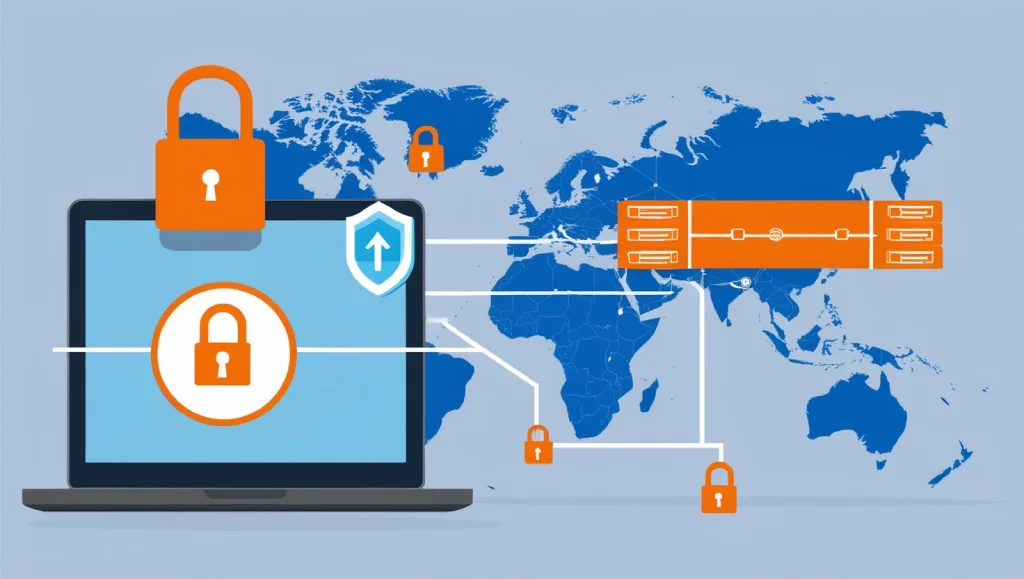
Imagine a crowded coffee shop where you’re connected to public Wi-Fi. Normally, anyone skilled enough could monitor the traffic on that network and potentially intercept your data, gaining access to sensitive information like passwords or credit card details.
However, by using a VPN, you create an encrypted tunnel that securely transmits your data from your device to the VPN server. Anyone attempting to intercept your data would only see encrypted code, rendering the information useless to them.
What Makes a VPN Necessary in Today’s World?
In our increasingly digital lives, privacy and security are more critical than ever. The internet is full of potential vulnerabilities, and without proper protection, your online actions can be exposed to malicious actors or unauthorized parties.
Here are a few reasons VPNs are becoming essential:
- Protecting Sensitive Information: Whether it’s your bank details, work emails, or personal messages, a VPN helps ensure that sensitive information is only accessible by you and intended recipients.
- Avoiding Surveillance: Many ISPs monitor and record user activity, and some governments impose restrictions or surveillance measures on internet usage. VPNs offer a layer of protection against such monitoring, allowing users to retain more control over their online privacy.
- Accessing Global Content: Due to licensing agreements and content regulations, certain websites and streaming services restrict access to users within specific regions. A VPN enables users to bypass these restrictions by masking their location, granting them access to content as if they were in an approved region.
- Freedom from Advertisers: Marketers and advertisers are constantly tracking user behavior to target ads more effectively. With a VPN, your real browsing activity remains private, minimizing unwanted advertisements based on your location or previous searches.
VPN Use Cases in Daily Life
- Personal Privacy: Many individuals use VPNs to maintain a level of anonymity online. By hiding their IP addresses and encrypting their data, they can browse the internet without leaving identifiable footprints.
- Remote Work: In the modern workplace, employees frequently work from home or remote locations, connecting to their company’s network to access internal tools or confidential data. A VPN ensures that this remote access is secure, preventing unauthorized access to company resources.
- Public Wi-Fi Security: Connecting to the internet through public Wi-Fi hotspots is convenient but risky, as these networks are often less secure. A VPN provides an extra layer of security, preventing hackers from intercepting your data on these open networks.
Benefits of Using a VPN
Using a VPN comes with numerous advantages, especially in a world where online security, privacy, and access to information are constantly threatened. Here’s a closer look at the primary benefits:
1. Online Privacy Protection
In an age where personal data is often used as a commodity, protecting online privacy has never been more critical. VPNs act as a powerful tool in maintaining the confidentiality of your online activity.
Here’s how a VPN enhances your privacy:
- ISP Privacy: When you use the internet, your Internet Service Provider (ISP) has direct access to all your online activity, which they may track, store, or even share with third parties for advertising or government requests. With a VPN, your browsing activity is encrypted, making it invisible to your ISP, thus ensuring greater privacy.
- Protection from Advertisers: Advertisers and data brokers continuously monitor online behavior to create targeted ads. A VPN hides your location and browsing patterns, limiting advertisers’ ability to track your online activity and tailor ads to your interests.
- Government Surveillance: In regions where government agencies monitor online behavior, a VPN provides an added layer of privacy. By encrypting your internet connection, a VPN makes it difficult for third parties, including government bodies, to monitor your browsing activities.
2. Security on Public Wi-Fi
Public Wi-Fi is incredibly convenient but comes with significant security risks. Many public networks are unencrypted, allowing hackers to easily intercept data transmitted over these networks. VPNs provide a much-needed layer of security on public Wi-Fi, preventing unauthorized access to your personal data.
Here’s why VPNs are essential when using public networks:
- Data Encryption: When connected to public Wi-Fi, sensitive information like passwords, credit card numbers, and emails are vulnerable to hackers. VPNs encrypt this data, making it unreadable to anyone attempting to intercept it on the network.
- Protection Against Man-in-the-Middle Attacks: In a “man-in-the-middle” attack, hackers place themselves between your device and the internet to intercept your data. A VPN helps prevent such attacks by routing your traffic through a secure server.
- Securing Mobile and IoT Devices: Smartphones, tablets, and even IoT devices can connect to public Wi-Fi networks. With a VPN, all data from these devices is protected, reducing the risk of unauthorized access and malware infection.
3. Bypassing Geo-Restrictions
Geo-restrictions are common in the digital world, especially with streaming platforms and regional websites. A VPN allows you to bypass these restrictions by masking your real location and making it appear as though you’re browsing from a different country.
Here’s how this feature benefits users:
- Access to Global Content: Many streaming platforms, such as Netflix, Hulu, and BBC iPlayer, restrict certain shows or movies based on geographical location. With a VPN, you can select a server from the country where the content is available and access it as if you were there.
- Breaking Down Information Barriers: Certain websites or social media platforms may be restricted in specific regions due to licensing or government censorship. A VPN allows users to bypass these barriers, ensuring they have access to information, news, and content from around the world.
- Unlimited Access to Websites and Apps: Some online services, like gaming servers or specific websites, are only available in certain regions. With a VPN, you can access these services, overcoming limitations placed by local restrictions.
4. Avoiding Censorship
In some regions, government censorship limits access to the internet, restricting certain websites, news sources, or even social media platforms. VPNs help users access censored information and stay connected with the world by providing a secure and anonymous connection.
Here’s how VPNs help bypass censorship:
- Freedom of Information: VPNs allow users to access websites and apps blocked in certain countries, providing an essential tool for journalists, activists, and individuals in heavily censored regions to stay informed and share information.
- Secure Connection for Sensitive Communications: In countries with restrictive internet policies, a VPN can enable people to communicate securely, which is particularly crucial for journalists and activists.
- Overcoming Local ISP Restrictions: Some ISPs block access to certain websites based on regional laws. A VPN bypasses local ISP restrictions, giving users the freedom to browse the internet as they wish.
5. Anonymous Browsing
For users who value their privacy, a VPN is an excellent tool for browsing the internet anonymously. By masking your IP address and encrypting your data, a VPN helps protect your identity and online activity from being tracked by various entities:
- Protection from Tracking and Profiling: Websites and search engines track users’ IP addresses to build profiles based on browsing habits, frequently visited sites, and online preferences. A VPN prevents this tracking, providing a more anonymous browsing experience.
- Enhanced Privacy for Sensitive Searches: Whether searching for health-related issues, legal topics, or personal information, a VPN enables users to keep their search history private.
- Preventing Digital Fingerprinting: Some websites and advertisers use digital fingerprinting to collect information about your device, browser, and online behavior. A VPN helps reduce the likelihood of fingerprinting by changing your IP and encrypting your data, making it harder to track.
Types of VPNs
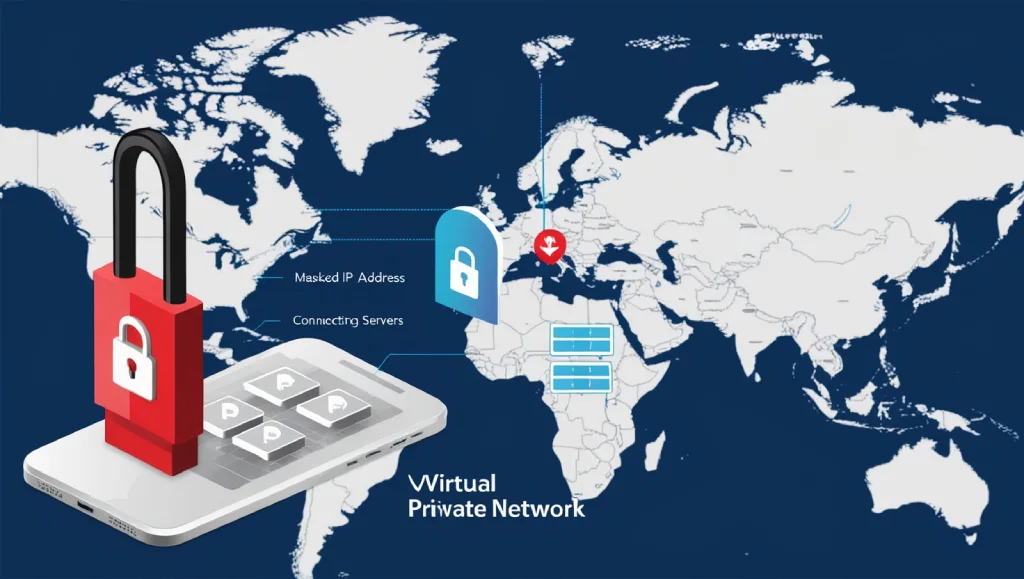
VPNs come in various types, each suited to specific needs and use cases. Whether for personal use, corporate environments, or large-scale organizational networks, there is a VPN type to fit every requirement.
Here’s a closer look at the primary types of VPNs, their features, and how they cater to different users:
1. Remote Access VPN
A Remote Access VPN is primarily designed for individuals who need secure, remote access to a private network. Common among remote employees, freelancers, and anyone working away from the main office, this type of VPN allows users to connect to a company’s internal network and access necessary resources, applications, and files as if they were on-site.
- Secure Access from Anywhere: Remote Access VPNs provide employees with a secure way to access company resources from any location, be it home, a café, or another city. All data sent between the user and the company network is encrypted, ensuring sensitive information remains protected.
- Connection to Corporate Resources: Remote Access VPNs are crucial for enabling employees to access files, applications, and databases housed on the company’s internal servers, ensuring productivity and connectivity regardless of their location.
- Ideal for Mobile Workforces: As remote work becomes more common, a Remote Access VPN provides employees with a seamless way to connect to their office network without sacrificing security. For businesses with traveling employees or a distributed workforce, this VPN type has become a key component of secure work-from-anywhere setups.
2. Site-to-Site VPN
A Site-to-Site VPN connects multiple networks within an organization, typically between different office locations. Unlike Remote Access VPNs, which connect individual devices to a network, Site-to-Site VPNs link entire networks, creating a bridge between branches of an organization. This setup is often used by larger organizations with multiple locations or offices in different regions or countries.
- Connecting Multiple Offices: Site-to-Site VPNs are ideal for businesses with several office locations, allowing each branch to securely share data and resources over the internet. Employees in different locations can communicate and collaborate without needing individual VPN connections, as the entire network is linked.
- Intranet-Based and Extranet-Based Site-to-Site VPNs: Site-to-Site VPNs can be classified into two subtypes:
- Intranet-Based: Used for connecting various offices or departments within the same organization, allowing secure communication and resource sharing.
- Extranet-Based: Used for connecting an organization’s network to a third party, such as a business partner or vendor, allowing secure data sharing and collaboration without granting full access to the internal network.
- Efficient and Cost-Effective for Large-Scale Operations: Site-to-Site VPNs are more efficient for large-scale organizations as they don’t require each individual to establish a separate VPN connection. This allows entire networks to connect securely, making it easier to manage security across multiple locations.
3. Personal vs. Corporate VPNs
VPNs can also be categorized based on the user base, with Personal VPNs and Corporate VPNs designed for individual users and businesses, respectively.
- Personal VPNs:
- Privacy and Security for Individuals: Personal VPNs are aimed at individual users who prioritize online privacy, secure browsing, and unrestricted access to content. They are easy to set up and are widely used for purposes like avoiding tracking, protecting data on public Wi-Fi, and bypassing geo-restrictions.
- User-Friendly Apps: Personal VPN providers often design their apps to be user-friendly, with straightforward interfaces and features like automatic connections and kill-switches, making them accessible even to non-technical users.
- Variety of Server Locations: Personal VPNs frequently offer multiple server locations across the globe, allowing users to select servers in different countries to access region-specific content and enjoy faster speeds.
- Popular for Streaming and Gaming: Many people use personal VPNs to access streaming services, unblock restricted content, and enjoy games that might be limited in their region.
- Corporate VPNs:
- Secure Access for Businesses: Corporate VPNs are specifically designed to secure a company’s internal network, protecting sensitive data and ensuring only authorized employees have access to specific resources.
- Centralized Management: Corporate VPNs allow IT administrators to manage and configure security settings across all employee devices from a centralized system. They can enforce security policies, monitor network activity, and restrict access based on employee roles.
- Encryption and Authentication: Corporate VPNs often have robust encryption standards and may include multi-factor authentication (MFA) to prevent unauthorized access. Some corporate VPNs also integrate with the company’s identity management systems, further enhancing security.
- Facilitating Remote Work: With the rise of remote work, corporate VPNs have become indispensable for allowing employees to securely access the company’s network from home or while traveling. These VPNs ensure that sensitive business information, such as customer data and proprietary resources, remains secure.
Key Differences Between Site-to-Site and Remote Access VPNs
| Feature | Site-to-Site VPN | Remote Access VPN |
|---|---|---|
| Purpose | Connects entire networks between locations | Connects individual users to a network |
| Ideal For | Businesses with multiple offices | Remote employees and individual users |
| Security Level | Secure network-to-network connections | Secure device-to-network connections |
| Example Use Case | Linking a company’s New York and London branches | Remote worker accessing company resources |
| Setup Complexity | Requires network-level configuration | Simple client software on individual devices |
| Cost Efficiency | Cost-effective for large networks | Suitable for businesses with remote staff |
How to Choose the Right VPN
Selecting a VPN can seem challenging with so many options on the market, but focusing on a few key factors will help you find the best VPN for your needs. Here’s a breakdown of what to consider:
1. Privacy Policy
When choosing a VPN, a strict no-logs policy should be at the top of your list. This policy means that the VPN provider doesn’t store any information about your online activities, ensuring that your data remains private even from the VPN company itself.
Here’s why it’s essential:
- Avoiding Data Collection: Some VPNs may collect data on users’ browsing habits or connection logs, which can potentially be shared with third parties or government agencies. A no-logs policy ensures that your online activities aren’t recorded or accessible to anyone, including the VPN provider.
- Privacy in the Event of Data Breaches: Even the most secure networks are not immune to data breaches. When a VPN provider doesn’t keep logs, there’s no information for hackers or other malicious actors to access, giving you an additional layer of security.
- Jurisdiction Matters: Be aware of where the VPN provider is based. Some countries have strict data retention laws that require companies to store user information. VPNs located in privacy-friendly jurisdictions (like Switzerland, Panama, or the British Virgin Islands) are typically safer options, as they are not legally required to store data.
2. Encryption Standards
Encryption is the cornerstone of any reliable VPN. It ensures that all data passing through the VPN is unreadable to unauthorized parties.
Look for a VPN with AES-256 encryption, which is currently one of the most secure encryption standards available. Here’s why encryption matters:
- Protecting Sensitive Data: AES-256 (Advanced Encryption Standard with 256-bit keys) provides military-grade encryption, making it virtually impossible for hackers to decrypt your data. Whether you’re entering passwords, sharing personal information, or sending confidential emails, strong encryption protects your data from interception.
- Understanding Protocols: VPNs typically offer various protocols (rules for handling data transmissions), each with different levels of security and speed. Popular protocols include:
- OpenVPN: Known for its balance of speed and security, OpenVPN is widely regarded as one of the best protocols.
- IKEv2/IPsec: Offers quick reconnections and stability, making it ideal for mobile users.
- WireGuard: A newer protocol known for high performance and secure design.
- Avoiding Outdated Encryption: Some free or outdated VPNs might use older protocols (such as PPTP), which have known vulnerabilities. Opt for VPNs with modern encryption protocols to stay secure.
3. Speed and Reliability
VPNs often slow down your internet connection slightly due to the encryption process, but a quality VPN should minimize this effect. Speed and reliability are essential for a smooth online experience, especially if you plan to use the VPN for streaming, gaming, or downloading large files. Here’s what to look for:
- Check User Reviews: Speed and performance can vary significantly across VPNs. Look for user reviews that comment on the VPN’s real-world speed and stability. Reliable VPNs often provide consistent speeds regardless of the server you connect to.
- Server Load and Bandwidth: Many VPN providers display server loads, which can help you select a server with lower traffic for better speeds. VPNs with unlimited bandwidth ensure there are no caps on data usage, which is especially important for frequent streaming or gaming.
- Automatic Server Selection: Some VPNs offer “Smart Connect” features that automatically connect you to the fastest available server based on your location, which optimizes speed without requiring manual selection.
4. Server Locations
The number and diversity of server locations a VPN offers can significantly impact both speed and accessibility. A VPN with a larger server network generally provides better connection options and allows you to access content from various regions worldwide.
- Global Access: If you want to bypass geo-restrictions, select a VPN with servers in multiple countries, especially in regions where you often need access to restricted content (e.g., the US for streaming services like Netflix).
- Speed Optimization: The closer you are to a VPN server, the faster your connection is likely to be. A VPN with a widespread network allows you to choose a nearby server to optimize speed. Additionally, connecting to different regions can help you bypass local restrictions or access region-specific services.
- Avoiding Overcrowded Servers: Many VPNs allow you to see which servers are overloaded. Overcrowded servers can lead to slower speeds, so having a variety of servers to choose from can help you avoid delays and lags.
5. Cost
While free VPNs can be tempting, they often come with limitations that may impact your security, privacy, and overall experience.
Here’s why paying for a VPN is usually worth the investment:
- Limitations of Free VPNs: Many free VPNs have restricted data limits, slower speeds, and fewer servers. Additionally, free VPNs may compensate for their lack of fees by selling user data to advertisers, which compromises privacy.
- Paid VPN Benefits: Paid VPNs typically offer better speeds, unlimited data, advanced security features, and access to a larger server network. They’re also more likely to uphold strict no-logs policies and offer additional features like dedicated IP addresses, malware protection, and ad blockers.
- Evaluating Cost-Effectiveness: Many paid VPNs offer significant discounts for long-term subscriptions. Monthly plans may seem expensive, but yearly or multi-year plans are usually much more affordable. Additionally, many VPN providers offer a money-back guarantee if you’re unsatisfied, allowing you to test the service before committing.
Conclusion
VPNs are essential tools in today’s digital landscape, offering privacy, security, and freedom to access content worldwide.
Whether you’re using it to bypass restrictions, secure your data on public Wi-Fi, or simply browse the internet anonymously, a VPN enhances your online experience.
For a trusted recommendation, explore vpnpieces.com for in-depth VPN reviews, guides, and tips to stay safe and private online.
Frequently Asked Questions (FAQs)
What is the best VPN?
The “best” VPN depends on your needs. Vpnpieces.com has detailed reviews to help you find one tailored to your requirements.
Can a VPN make my internet faster?
Generally, VPNs won’t increase speed. However, a reliable VPN may prevent your ISP from throttling, potentially improving streaming quality.
Are VPNs legal in all countries?
Most countries allow VPNs, but some restrict or monitor them. Research your local regulations before using a VPN.
Do I need a VPN on my smartphone?
Yes, especially if you use public Wi-Fi or want to keep your mobile browsing private.

